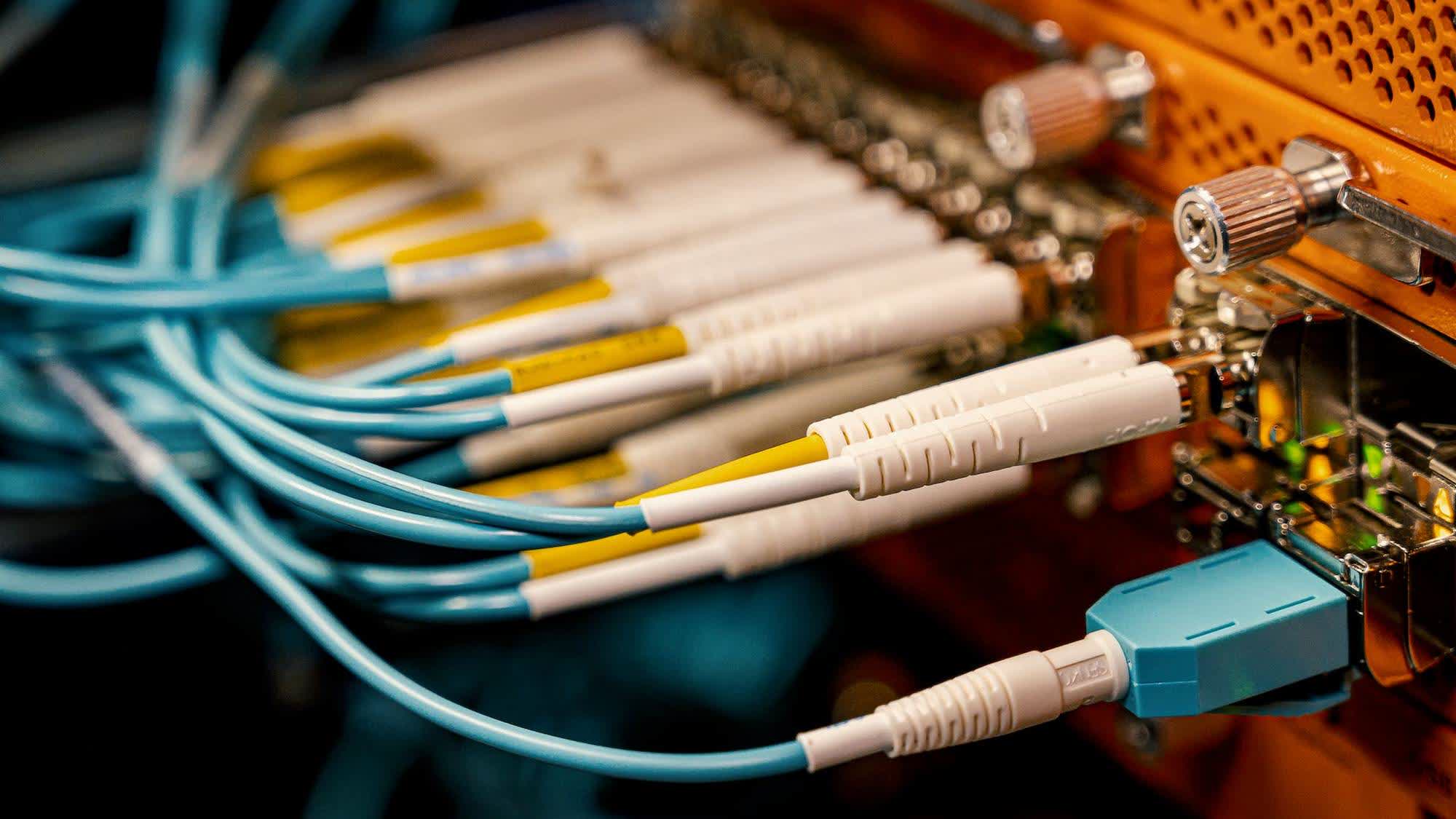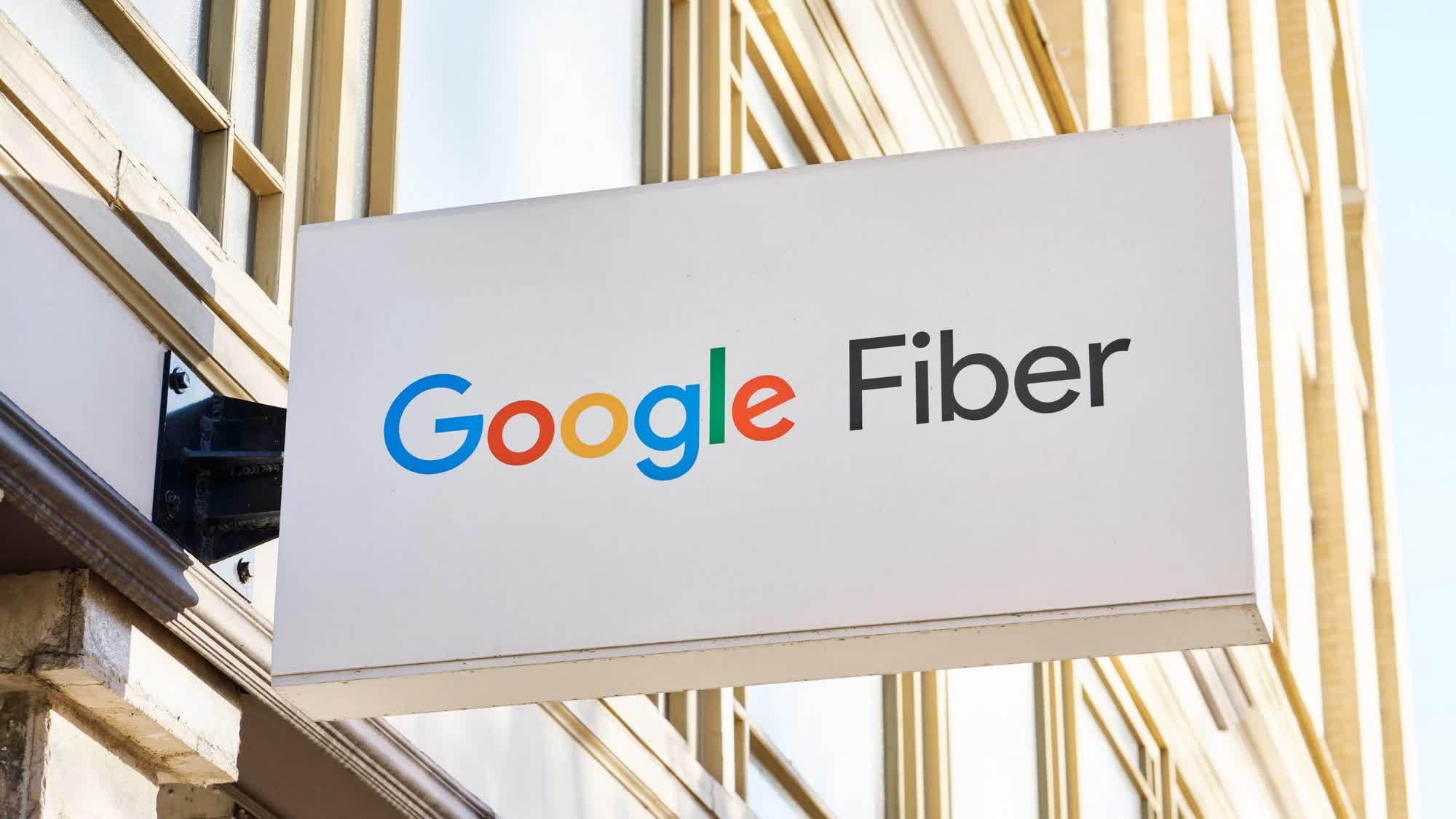What just happened? Almost exactly a month after showcasing its residential 20Gbps broadband service and announcing plans to launch it in select cities by the end of the year, Google Fiber is now letting some people sign up for early access to its super-fast network. The company had earlier announced that the GFiber Labs program, which is piloting the 20Gbps service, saw thousands of people express their interest.
Google says that it is starting sign-ups for its 20Gbps service in select areas of Kansas City, North Carolina's Triangle Region, Arizona, and Iowa. The company added that it plans to open up invitations at new locations in the near future, but did not specify the cities and towns where the service will be available.
The monthly subscription for the 20Gbps plan will cost $250, and installations are expected to start in Q1, 2024. Google will also offer state-of-the-art Wi-Fi 7 routers to go with the super-fast internet, and is working with Actiontec to create custom routers for its customers.

Google had earlier announced that its 20Gbps service will use Nokia's new 25G PON (passive optical networks) technology, which is said to require a special Optical Network Terminal (ONT) from the Finnish telecom vendor. While the ONT is much larger than the fiber jack currently used with Google Fiber connections, the company expects it to get smaller over time.
Interestingly, Google says that it doesn't have to upgrade its existing fiber optic network to be able to offer the 20Gbps service, as the new Nokia hardware will be able to deliver the higher speeds even with the lines that are already in the ground.
In addition to the 20-gig service, Google Fiber also offers its original 1Gbps plan at $70 per month, 2Gbps at $100, 5Gbps at $125, and 8Gbps at $150 per month. However, availability remains a major problem, with the service still only available in a handful of cities around the US. Potential subscribers would prefer to see Google roll out its multi-gig services at more locations rather than launching new plans that have little to no chance of reaching the majority of the American population.
